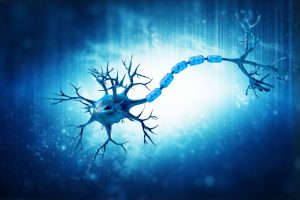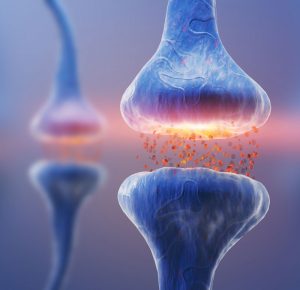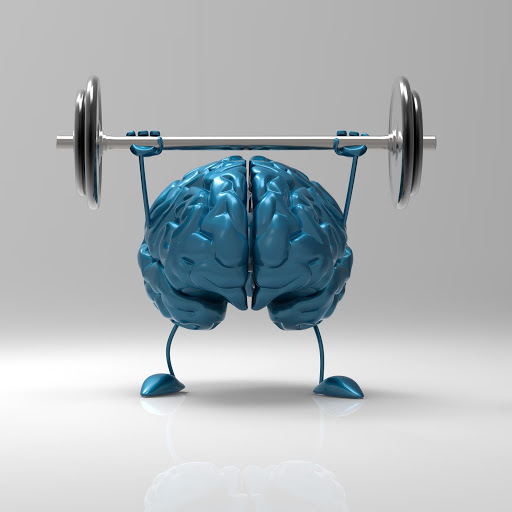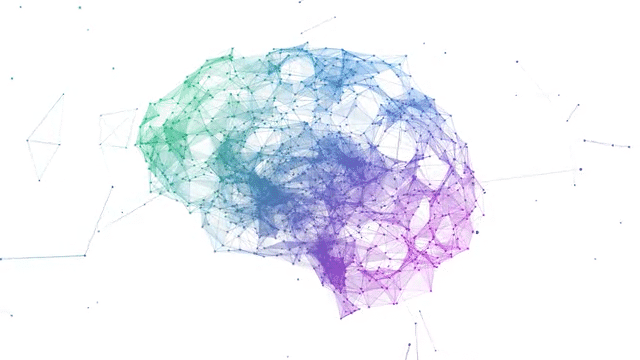What is Functional Neurology?
 Functional Neurology is a healthcare paradigm that utilizes the clinical applications of neuroscience to carefully examine the intricate relationship of the brain and nervous system and how they control your overall health and well-being. We look for imbalances in the nervous system that are causing your symptoms and develop evidence-based rehabilitation programs specific to those findings. This helps us develop innovative treatment applications unique and specific to your needs.
Functional Neurology is a healthcare paradigm that utilizes the clinical applications of neuroscience to carefully examine the intricate relationship of the brain and nervous system and how they control your overall health and well-being. We look for imbalances in the nervous system that are causing your symptoms and develop evidence-based rehabilitation programs specific to those findings. This helps us develop innovative treatment applications unique and specific to your needs.
The brain uses various specialty senses such as balance, vision, and proprioception to move and function throughout life. We are trained to detect subtle changes in the nervous system and how this affects your health.
At the foundation of functional neurology is a principle referred to as The Central Integrative State (CIS). This refers to all excitatory and inhibitory contributions to a nerve that will determine its health and survival. An aberrancy in the central integrative state determines the functional performance of a nerve.
Therapies
We target specific regions of the brain (cortex, brainstem, and cerebellum) and nervous system to affect what activities we are trying to improve. For example, with hyperactivity and attention deficit disorders, the frontal region of the brain lacks an ability to adequately inhibit an impulse to a new object or stimulus. If reintegration of response inhibition can be achieved, the frontal lobe of the brain can become more effective, having better regulatory control of focus and attention.
Chiropractic Care
Physical Therapy and Rehabilitation
Visual Therapy
Vestibular/Balance Therapy
Functional Medicine
Cognitive Rehabilitation
Traditionally, focal lesions in the brain and nervous system are a hallmark of a neurological disorder. However, a functional neurological disorder does not have an organic, ablative lesion. Therefore, they have the potential to respond quite well to targeted neurological rehabilitation.
Neuroplasticity
 For years, we thought the brain we were born with is the hard-wired brain that we will have for the rest of our life. But remarkable new discoveries in neuroscience have fundamentally changed our minds by introducing neuroplasticity. Neuroplasticity refers to the brain’s remarkable ability to change its structure and function over time. The brain and nervous system have the ability to adapt in response to sensory, motor, and cognitive experiences. The intensity and frequency of these experiences shape who we are as human beings, for better or worse. We leverage this to our advantage at The Hartman Center to develop individualized treatment goals and strategies.
For years, we thought the brain we were born with is the hard-wired brain that we will have for the rest of our life. But remarkable new discoveries in neuroscience have fundamentally changed our minds by introducing neuroplasticity. Neuroplasticity refers to the brain’s remarkable ability to change its structure and function over time. The brain and nervous system have the ability to adapt in response to sensory, motor, and cognitive experiences. The intensity and frequency of these experiences shape who we are as human beings, for better or worse. We leverage this to our advantage at The Hartman Center to develop individualized treatment goals and strategies.
Neuroplasticity reshapes the brain in response to our environment, and we use that to help our clients to experience better ways of moving, walking, and living. We look at subtle differences and potential problems in the function of various systems in the body to determine if there’s a likelihood they can become worse if ignored over time.
The brain is a remarkably complex structure that interprets, operates, and integrates all other systems in the body. We design our individualized rehabilitation programs based on this foundation. An example of neuroplasticity is seen when someone who suffers a stroke regains their ability to walk again. Another example is becoming faster with typing; with more practice, it becomes easier.
We use neuroscience to develop individualized treatment programs to:
Build brain power
Enhance brain function
Empower and motivate our clients

Why Is This So Important?
 Throughout our lives, we maintain a powerful ability to consistently grow new connections to different regions of the brain. This is ultimately how we acquire new skills throughout our lives. Yet at the same time, if we become sedentary and like a ‘couch potato’, the brain and body lose stimulus. You lose what you don’t use. An example of this is seen when a body builder loses size and strength having not trained for several months.
Throughout our lives, we maintain a powerful ability to consistently grow new connections to different regions of the brain. This is ultimately how we acquire new skills throughout our lives. Yet at the same time, if we become sedentary and like a ‘couch potato’, the brain and body lose stimulus. You lose what you don’t use. An example of this is seen when a body builder loses size and strength having not trained for several months.
The brain has the ability to make remarkable adaptive changes to whatever stimulus it is presented with. For example, if you exercise daily, you will find that maybe the exercise programs becomes easier over time. You will either need to increase the weights, shorten your rest period, or maybe even do both in order to make your routine more challenging. The brain loves efficiency because it requires less energy. The brain is always looking for ways to improve efficiency. At The Hartman Center for Functional Neurology, our goal is to improve cognitive function while enhancing brain efficiency.
We examine various aspects of our clients to better understand their condition. We do not rely solely on imaging such as MRI/CT’s because for many of the conditions we treat, their findings may not be present in certain diagnostic imaging. Dizziness, vertigo, dysautonomia, migraine headaches, and post-concussion syndrome are examples of conditions that are very difficult to diagnose solely with advanced imaging.
The therapies and application for functional neurological rehabilitation do not involve through pharmaceutical intervention and surgery. That is not to say that they have a definitive role in healthcare. However we typically see patients who are looking to avoid these methods while finding resolution for their condition.
We are committed to improving the lives of others, whether it is improving cognition, memory and executive function after sustaining a concussion or traumatic/acquired brain injury or enhancing the outcomes from more traditional injuries such as lower back pain or neck pain and sports-related injuries.